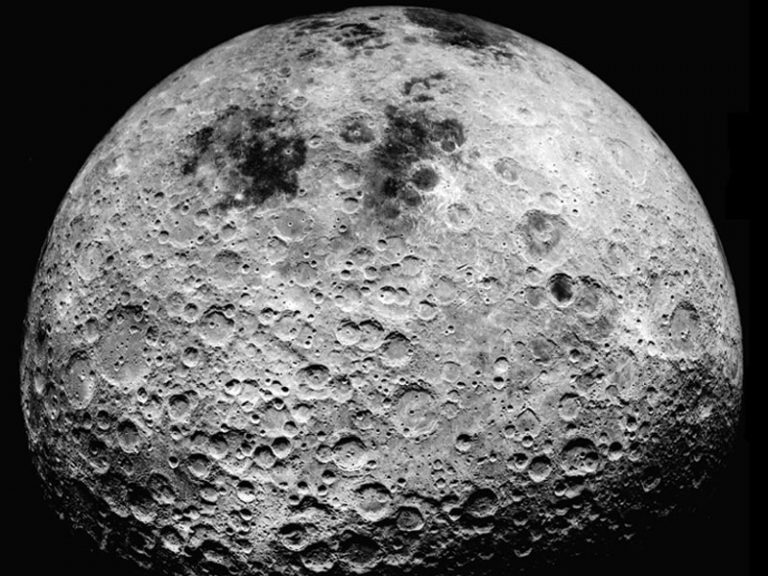
China and Russia have agreed to collaborate on building and operating a robotic scientific outpost on the moon or in lunar orbit, the China National Space Administration announced.
The agency said the two countries signed a memorandum of understanding on the joint effort to build an “international lunar research station.” CNSA and the Russian space Roscosmos are still working out details of the station’s planning, design, construction and operations.
“Both nations want to open the station to international cooperation so it can serve as a platform to boost scientific exchanges and foster peaceful exploration and development of outer space,” the statement said.
Harry Kazianis, a senior director at the Washington, D.C.-based public policy think tank Center for the National Interest, said an “authoritarian alliance in space” should worry the United States.
“This mirrors what China and Russia are doing on sharing weapons technology, economic ties and more,” Kazianis told USA TODAY. “Both nations see space as the next great power battleground. By working together, they can try and blunt any U.S. advantages in this domain of the future.”
Gen. John W. “Jay” Raymond, U.S. Space Force chief of space operations, said last month the U.S. is concerned with cyberthreats that China and Russia are continuing to develop.
“It’s something that we have to protect against today,” Raymond said. “That’s why the establishment of the U.S. Space Force is so important. We are purposely built to stay ahead.”
China already has four missions planned for this year to work on a permanent orbiting station. The core module could be launched as soon as April.
The memorandum was signed by CNSA administrator Zhang Kejian and Roscosmos chief Dmitry Rogozin. China an Russia have been cooperating for years on space science, technology and application fields and have signed several agreements to promote collaboration on lunar and deep-space exploration. They will work together to carry out China’s Chang’e 7 lunar landing mission and Russia’s Luna-Resurs-Orbiter mission, the CNSA statement said.
Russia has collaborated with space agencies from the U.S., Canada, Japan and Europe on the International Space Station for decades. Dmitry Peskov, Russian President Vladimir Putin’s press secretary, said Tuesday that Russia hopes the U.S. partnership will continue.
“We appreciate the Russian-US cooperation in the outer space,” Peskov said. “We hope it will be continued and hope it will not fall victim to various Russophobic manifestations.”
NASA said in September that its plans to land the first woman and the next man on the surface of the Moon in 2024 remained on track. The agency’s inspector general, however, has determined that is “unlikely” to be achieved.
___
(c) 2021 USA Today
Distributed by Tribune Content Agency, LLC.
0 comments :
Post a Comment